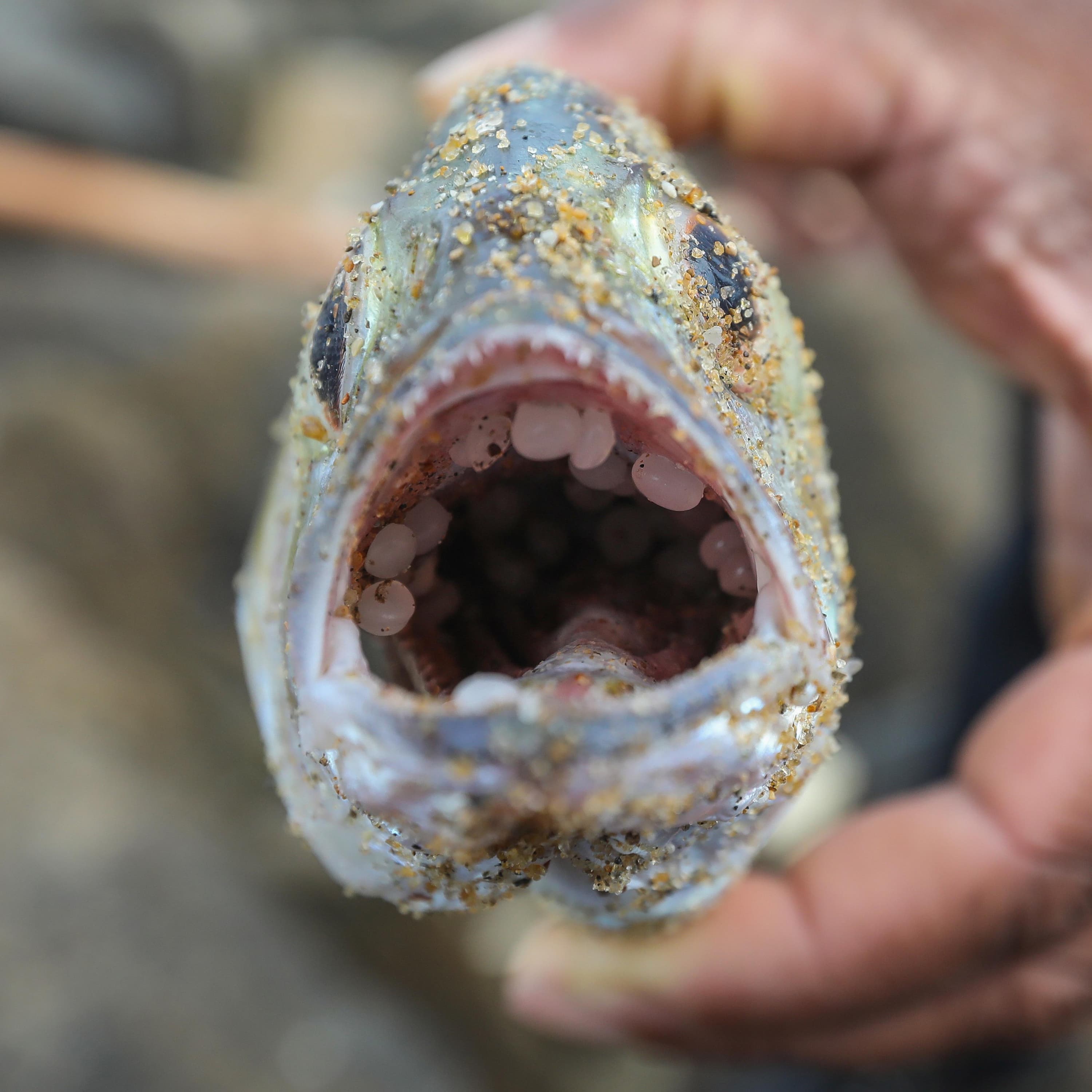
Is TikTok giving people Tourette’s Syndrome?
Loading player...
Clinicians around the world have noticed an increase in young adults, often women, developing ‘tic-like behaviours’ – sudden movements or vocalisations similar to what’s seen in Tourette Syndrome. Except these tics come on much later in life, and escalate more rapidly. Some have blamed the recent rise on social media – but the reality is much more complicated. Madeleine Finlay talks to Guardian reporter Sirin Kale and research psychologist Dr Seonaid Anderson about the young people experiencing this debilitating disorder, and what can be done about it.. Help support our independent journalism at theguardian.com/sciencepod




